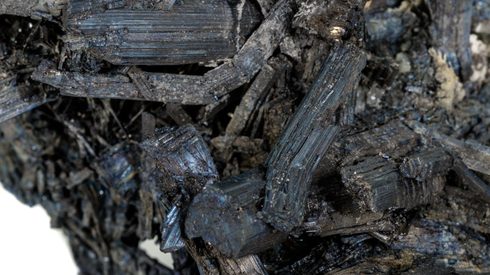Vedanta’s 79.4% owned Konkola Copper Mines (KCM) in Zambia were seized and ordered to be liquidated in May 2019 over alleged mismanagement.
The assets at the heart of dispute are KCM’s Nchanga copper smelter, the largest in Zambia, and the Konkola and Nchanga mines.
The Indian mining giant has invested more than $3 billion in the asset since acquiring it from Anglo American in 2004, according to Vedanta’s website. The remaining stake is held by ZCCM.
KCM’s provisional liquidator, Zambian lawyer Milingo Lungo, said the latest court ruling, in Ndola on November 20, will let the parties proceed to arbitration to settle the dispute.
During the arbitration process, Lungo will remain in control of KCM operations as mandated by the Zambian High Court in May 2019.
In November 2019, Lungo told Fastmarkets that the best option was to increase the value of the disputed KCM assets and ready them for a new owner.
But the latest ruling comes at a time when Covid-19 uncertainties are making it more difficult for major miners and smelters around the world to attract investors to buy assets or to help with developmental and operational costs.
The Zambian government previously approached different parties, including China Non-Ferrous Metal Mining Group (CNMC) over sale of KCM’s operations. However, legal risks, existing debts and operational issues have made KCM sale difficult.
When the Zambian government originally filed the liquidation order in May 2019, it sent shockwaves through the Zambian copper industry.
Liquidator Lungu said Vedanta’s deferral of a service fee payment to contractors and staff had led to output disruptions and that had prompted the government to step in at Nchanga and Konkola.
Since the liquidation order, Vedanta has been actively defending its rights under international law to proceed into arbitration with the Zambian state mining firm.
Zambia is the second-largest copper producing country in Africa and its copper exports are a major source of foreign income. One of its biggest export category is intermediate copper products – blister copper and anodes.
Fastmarkets’ spot refining charge (RC) for 98-99% blister copper on a cif China basis, stood at $150-160 per tonne at the end of last month.






